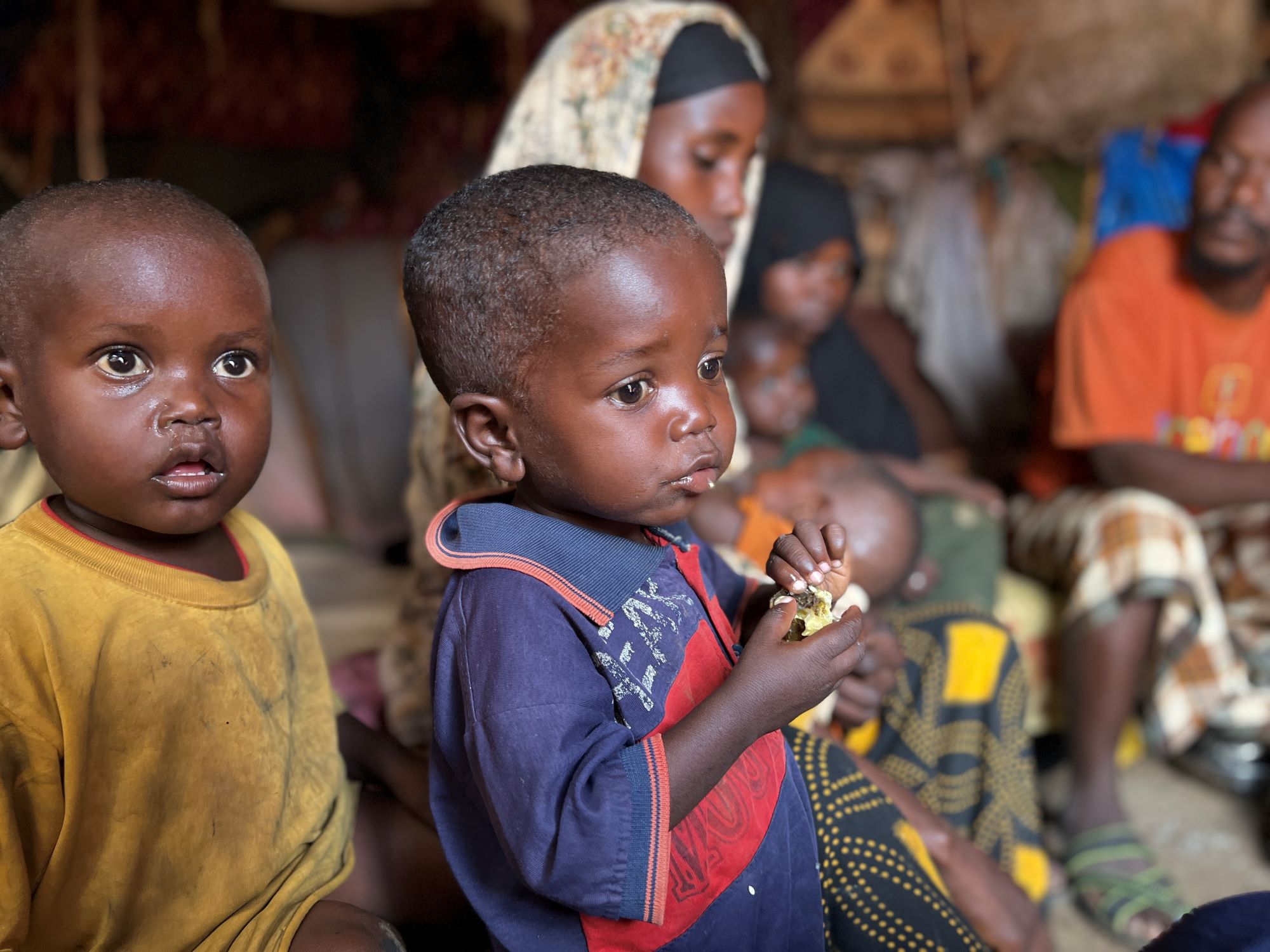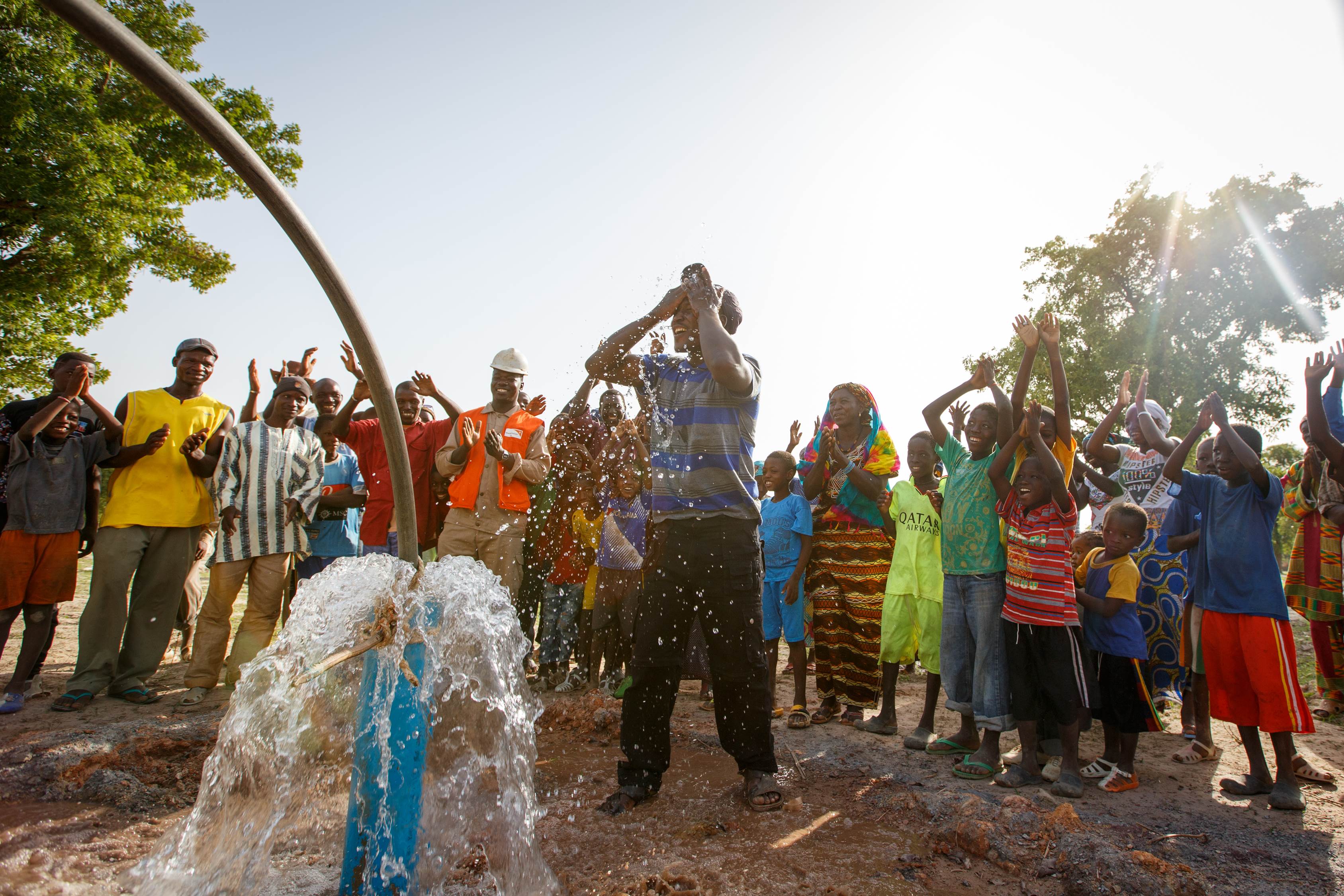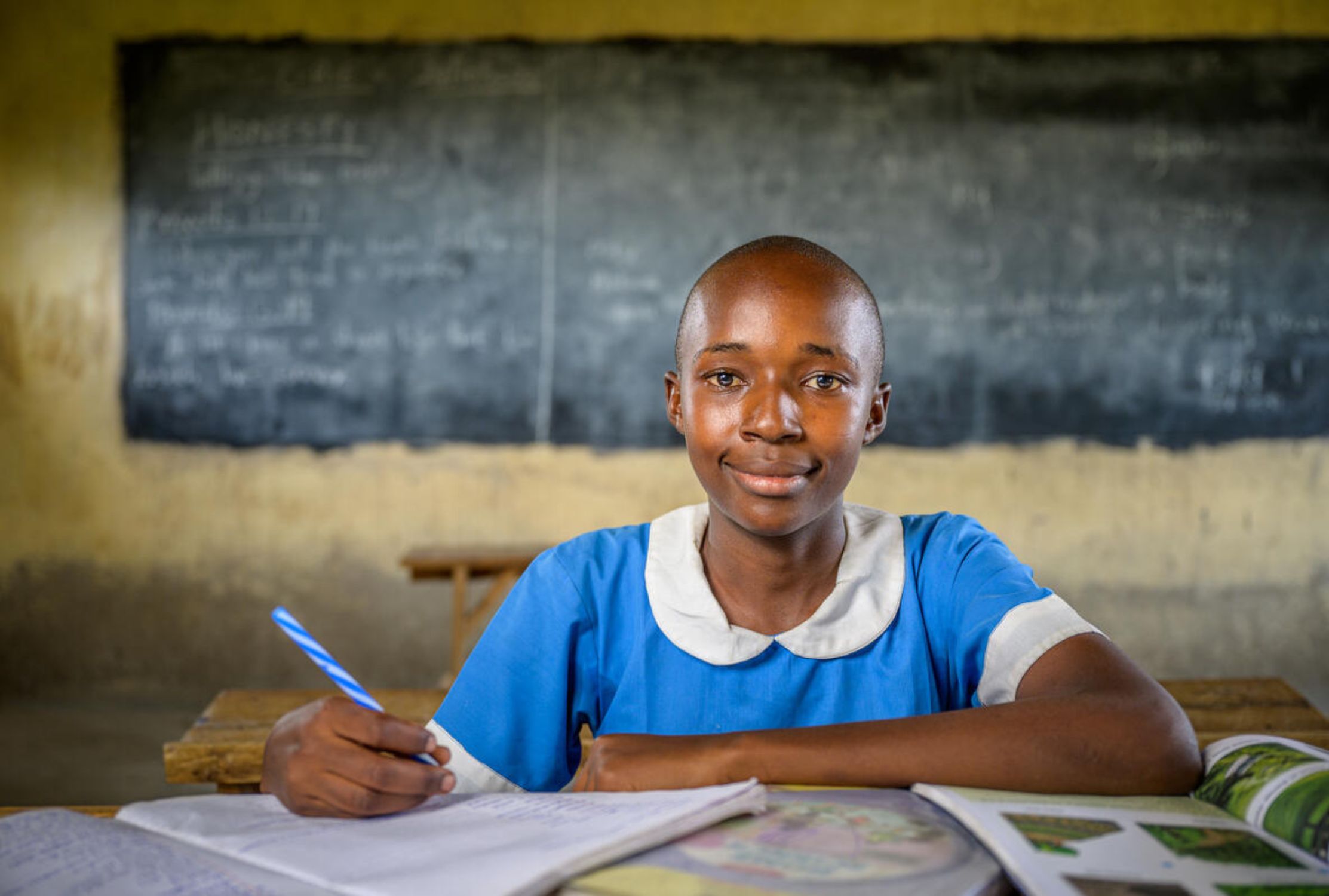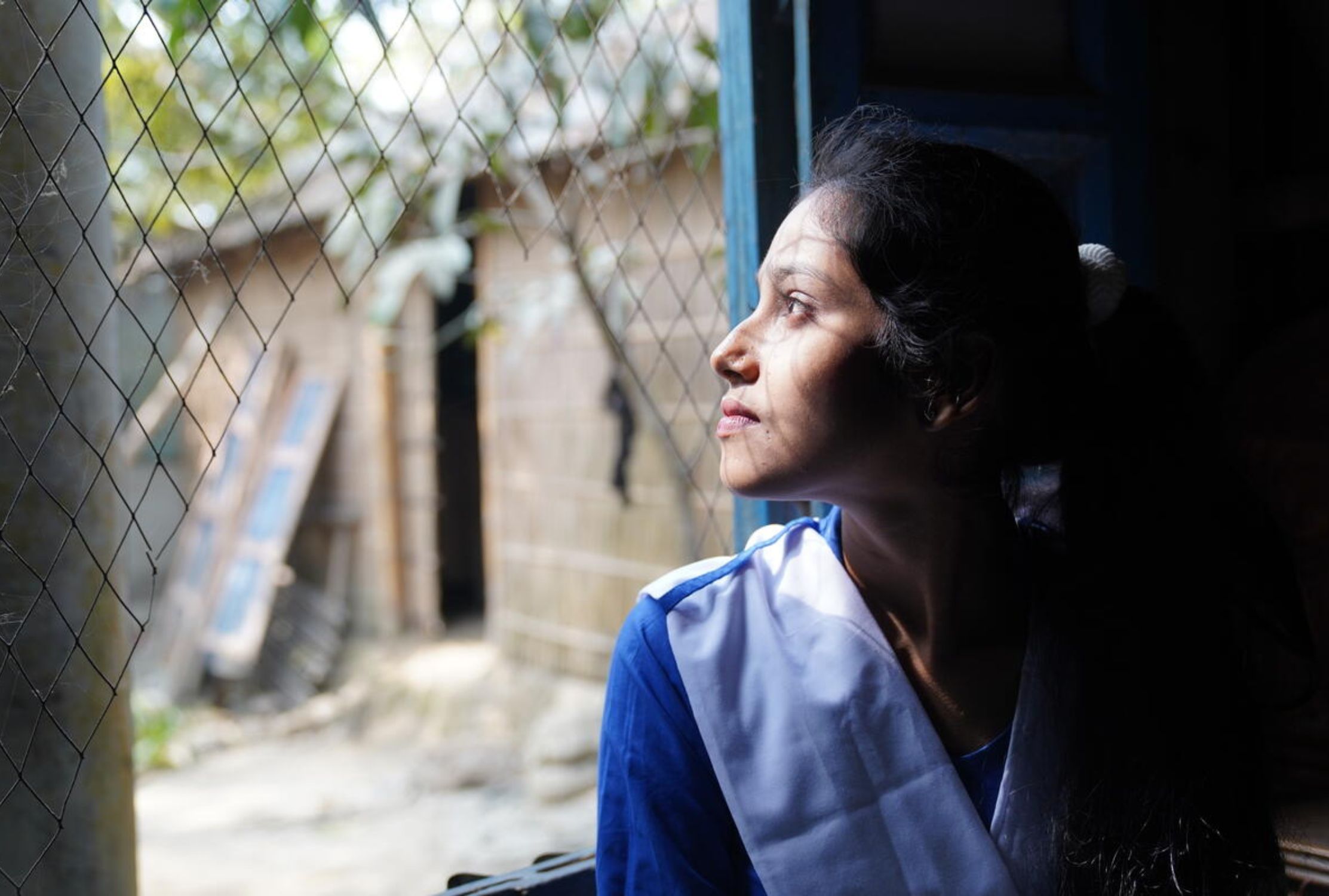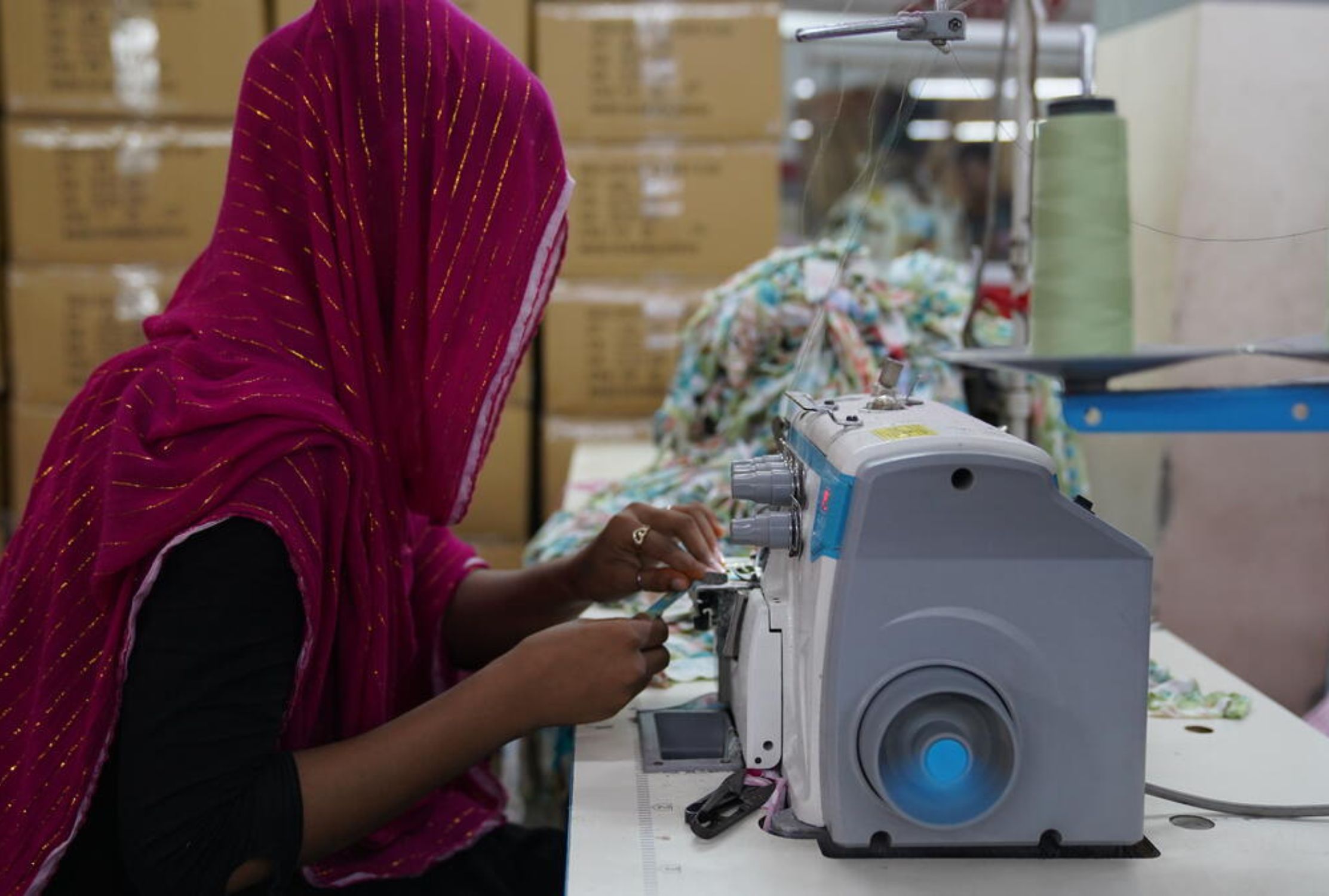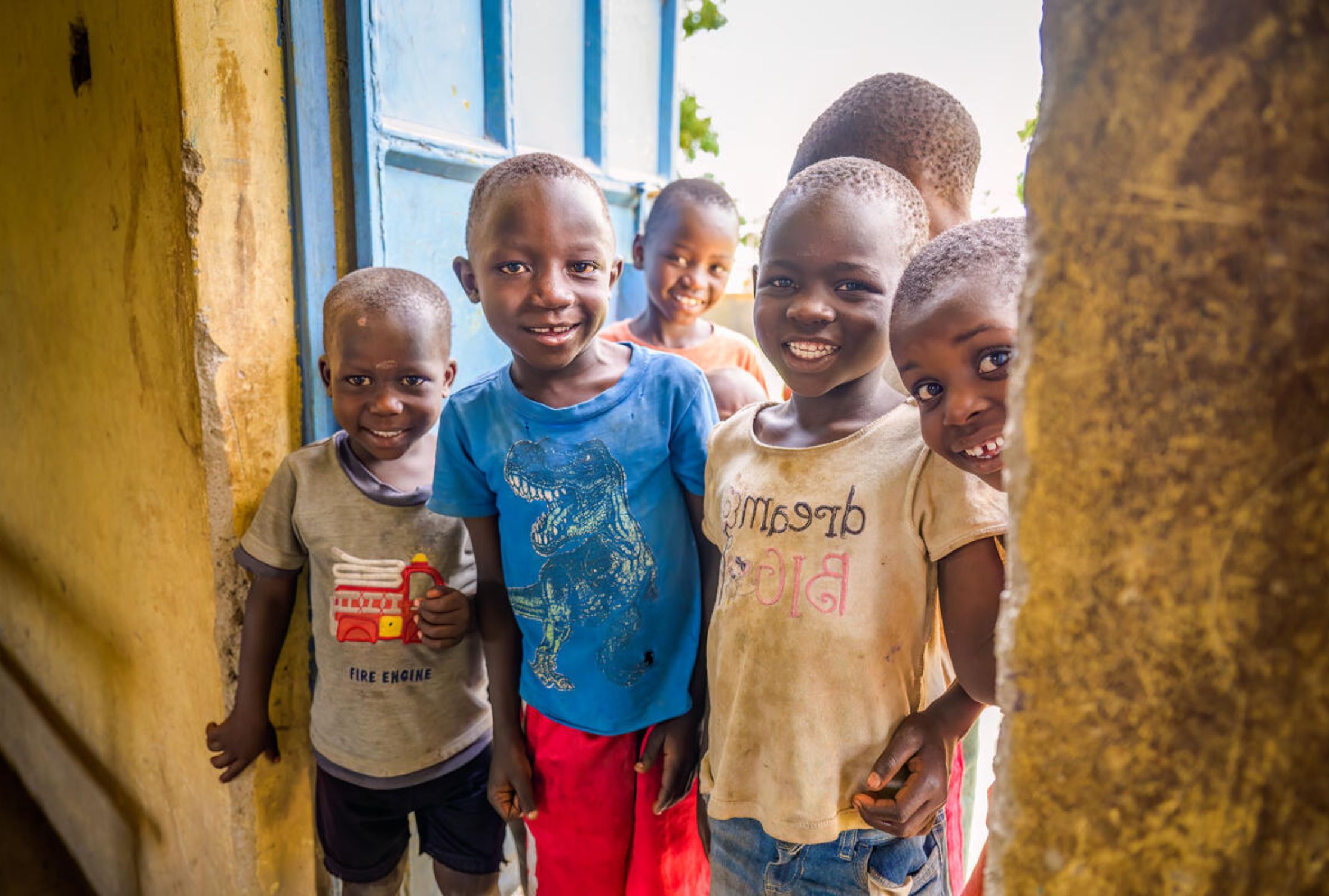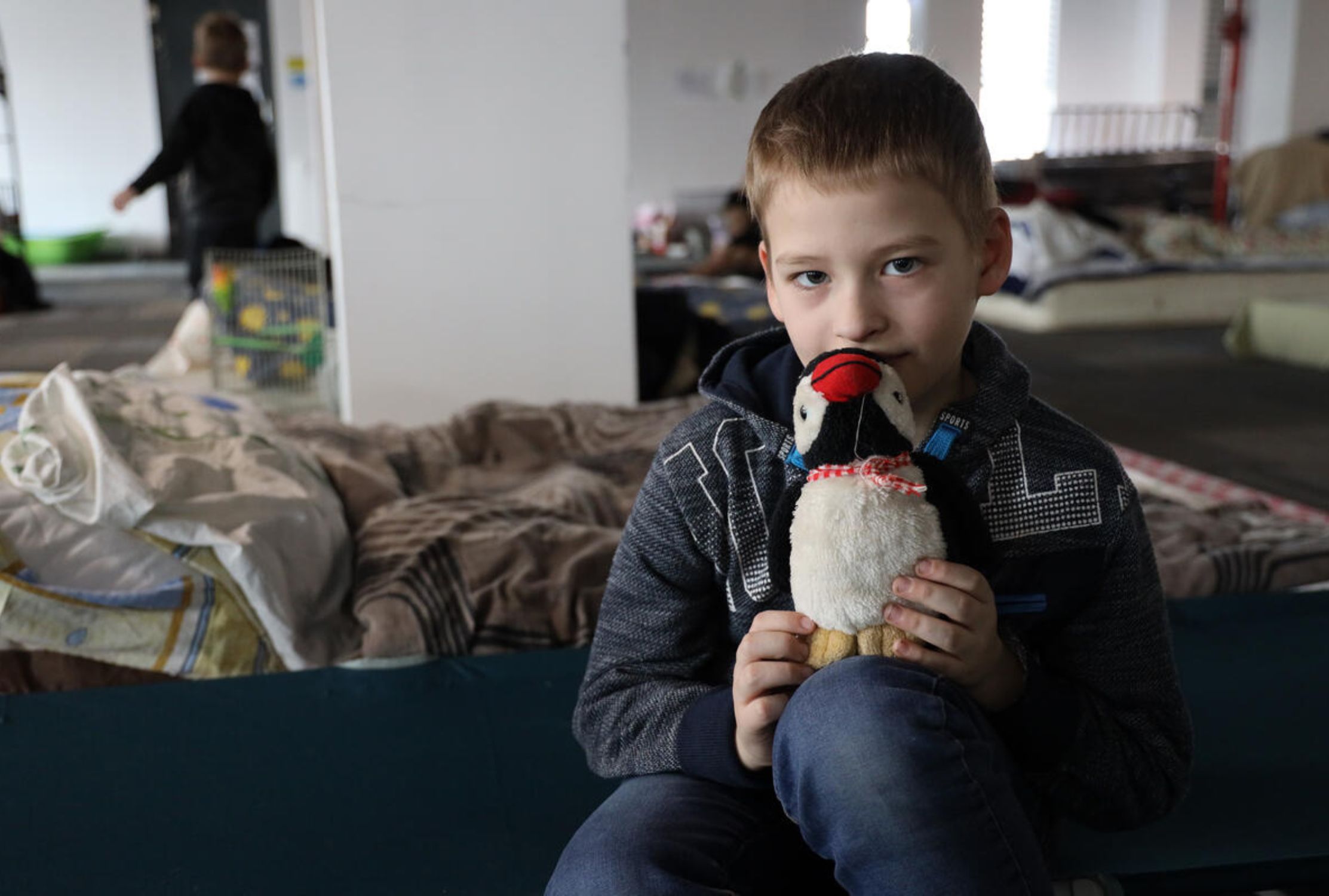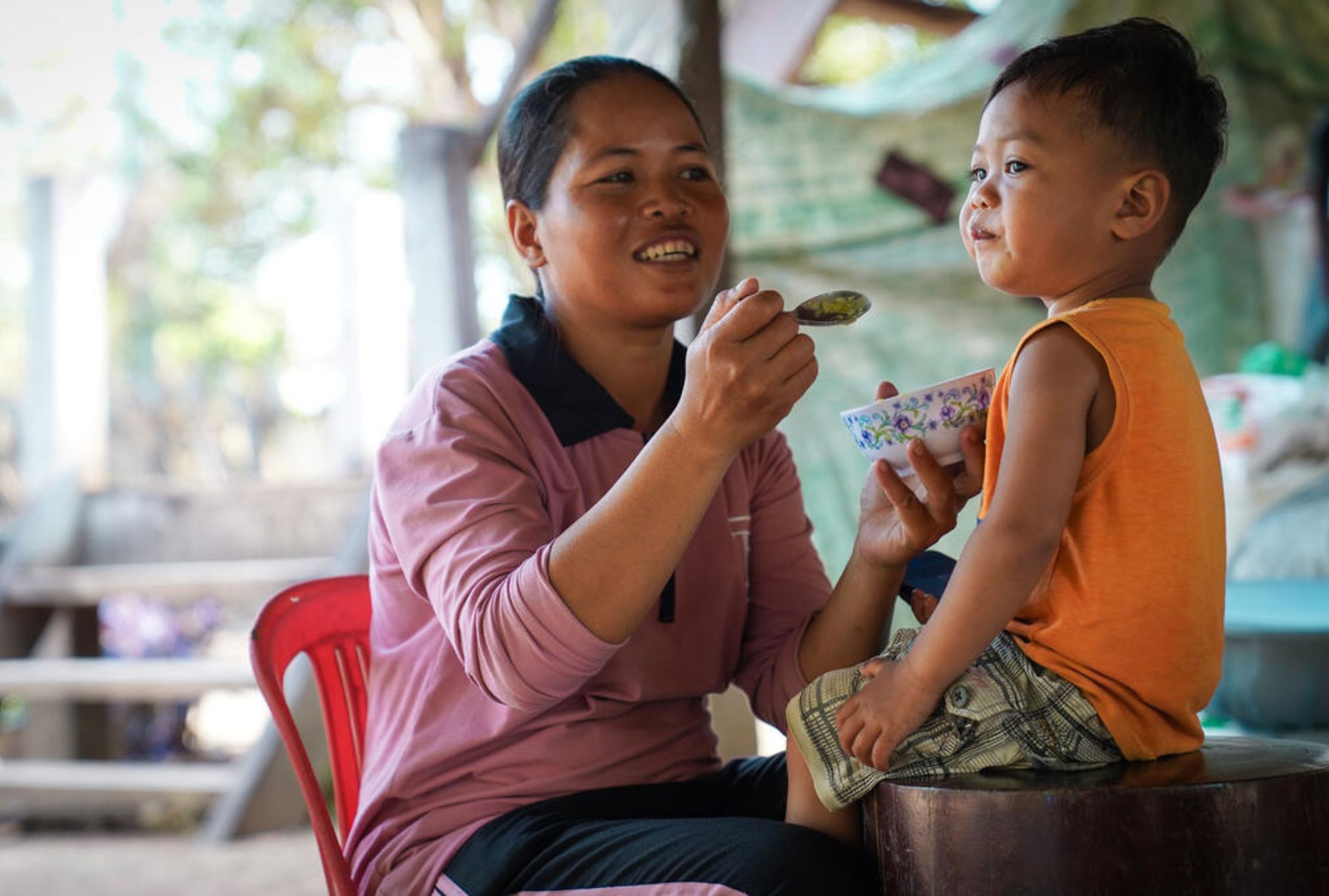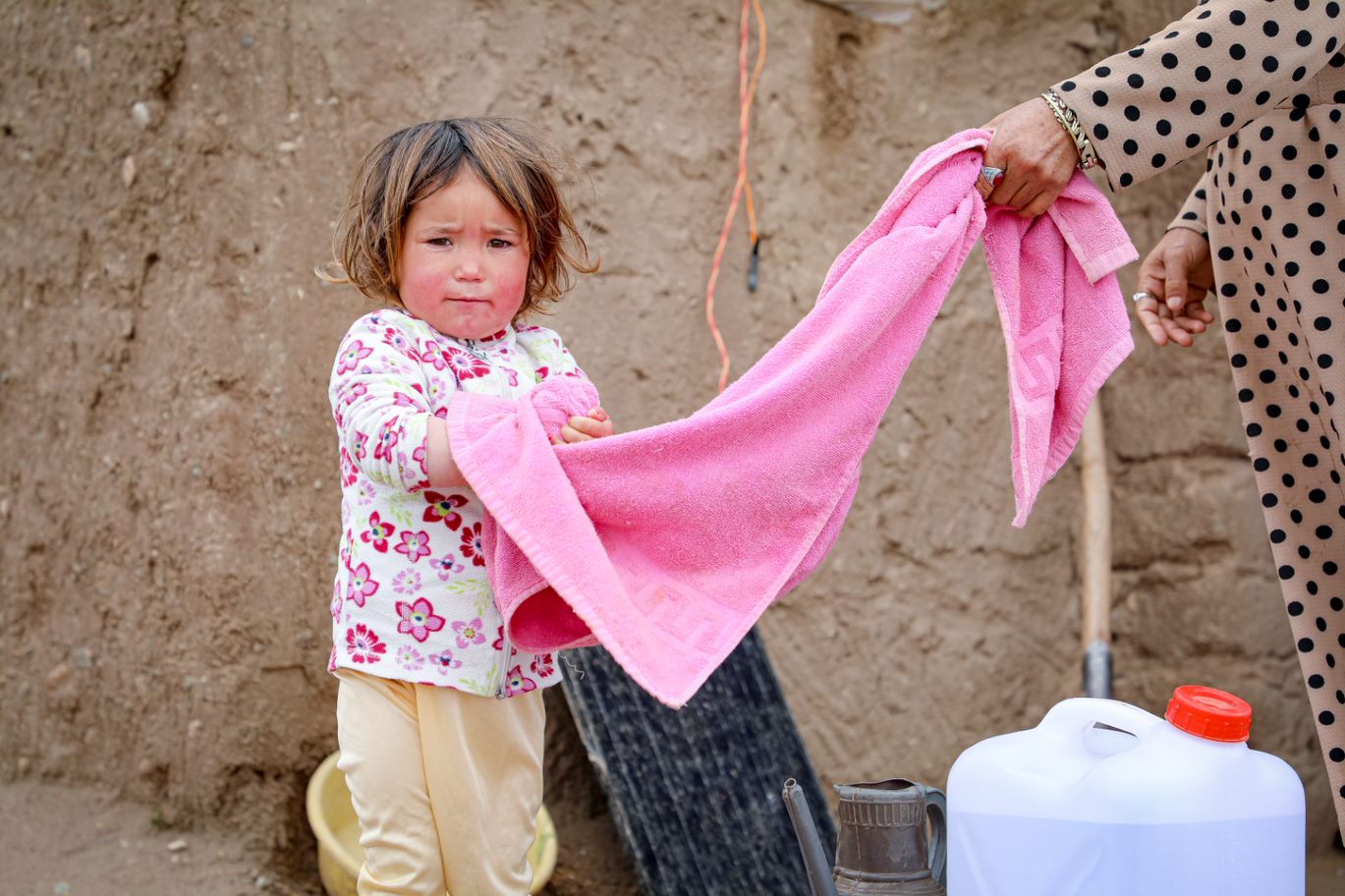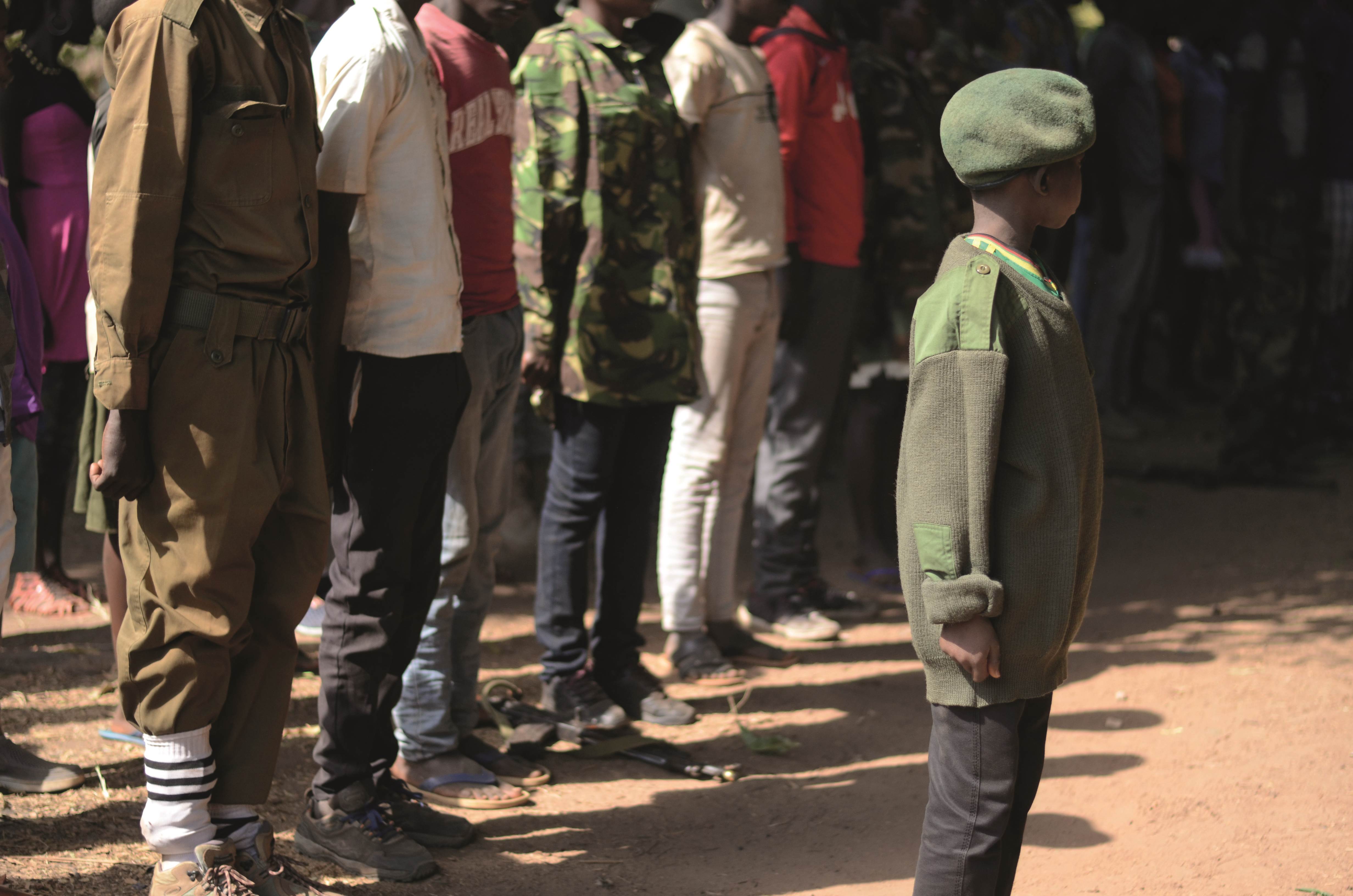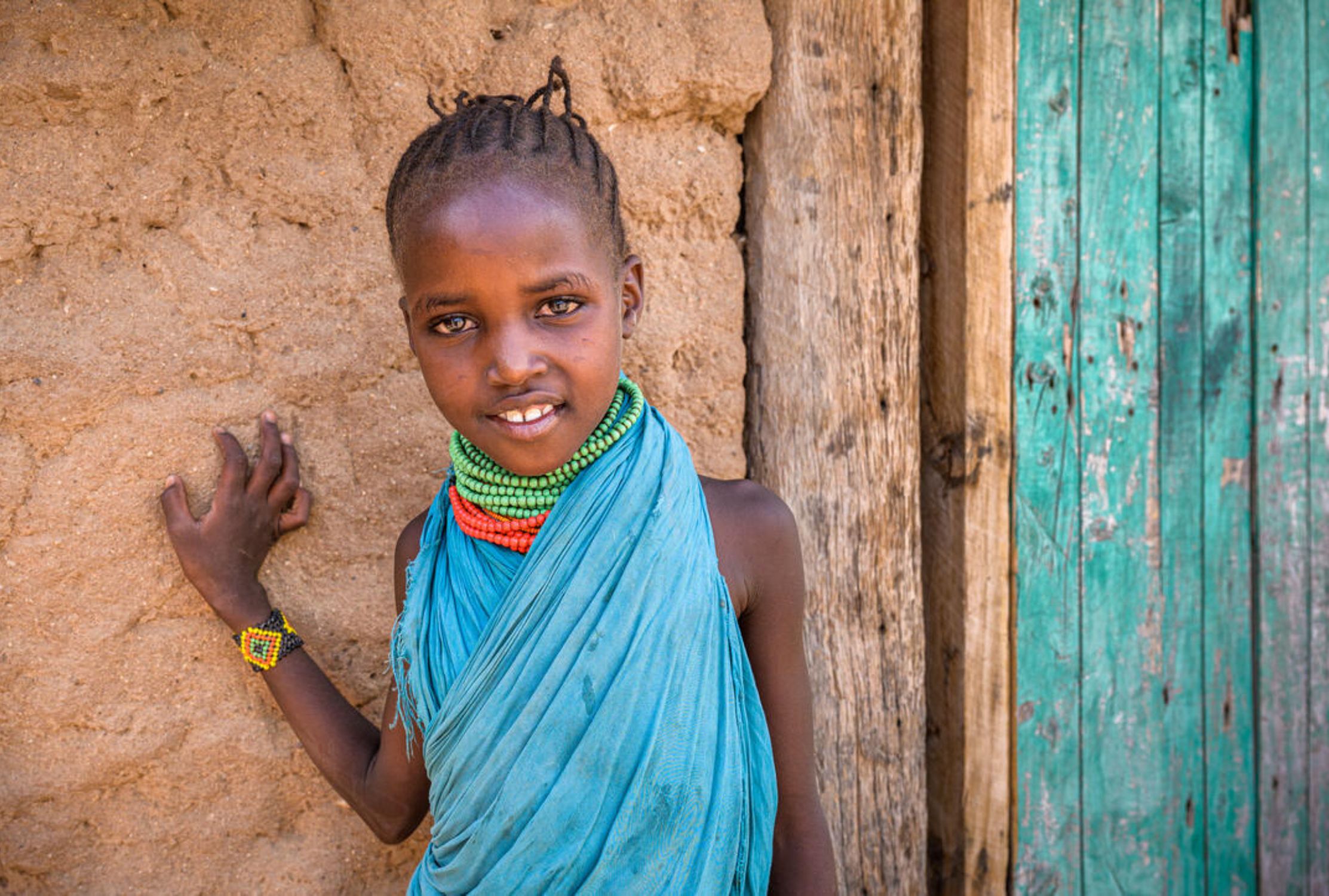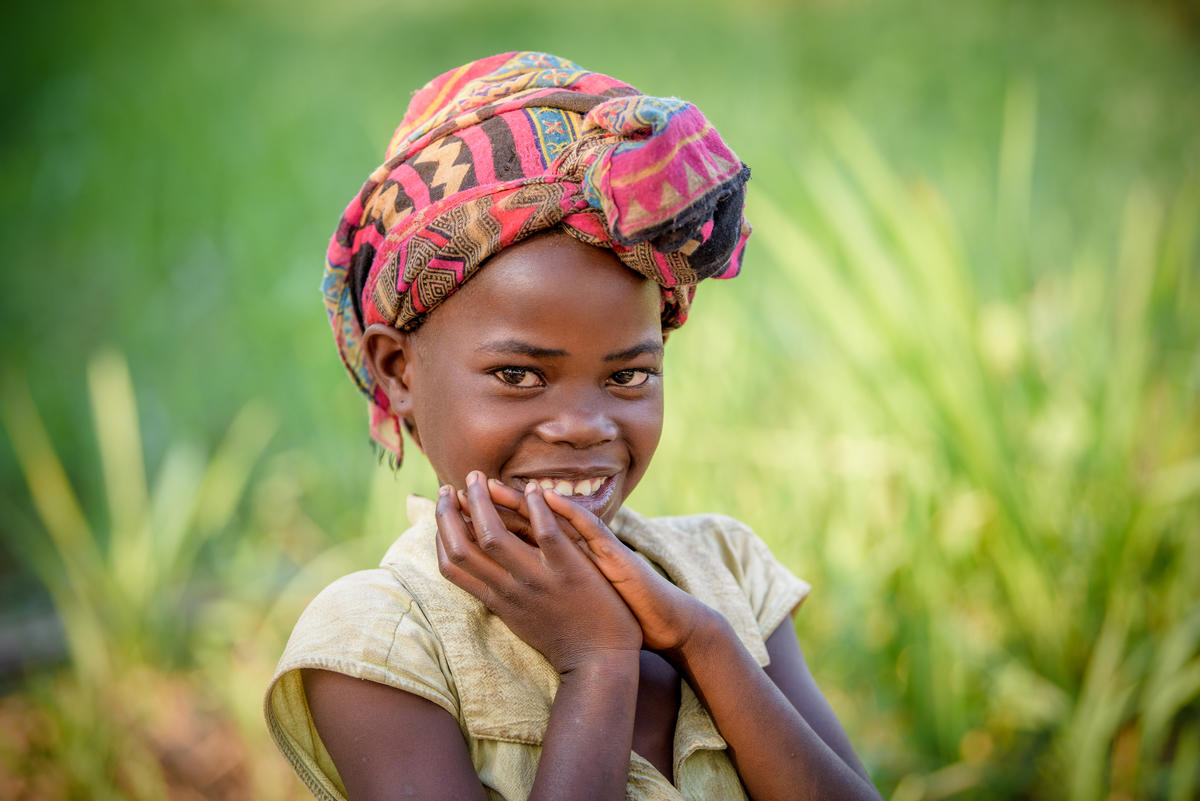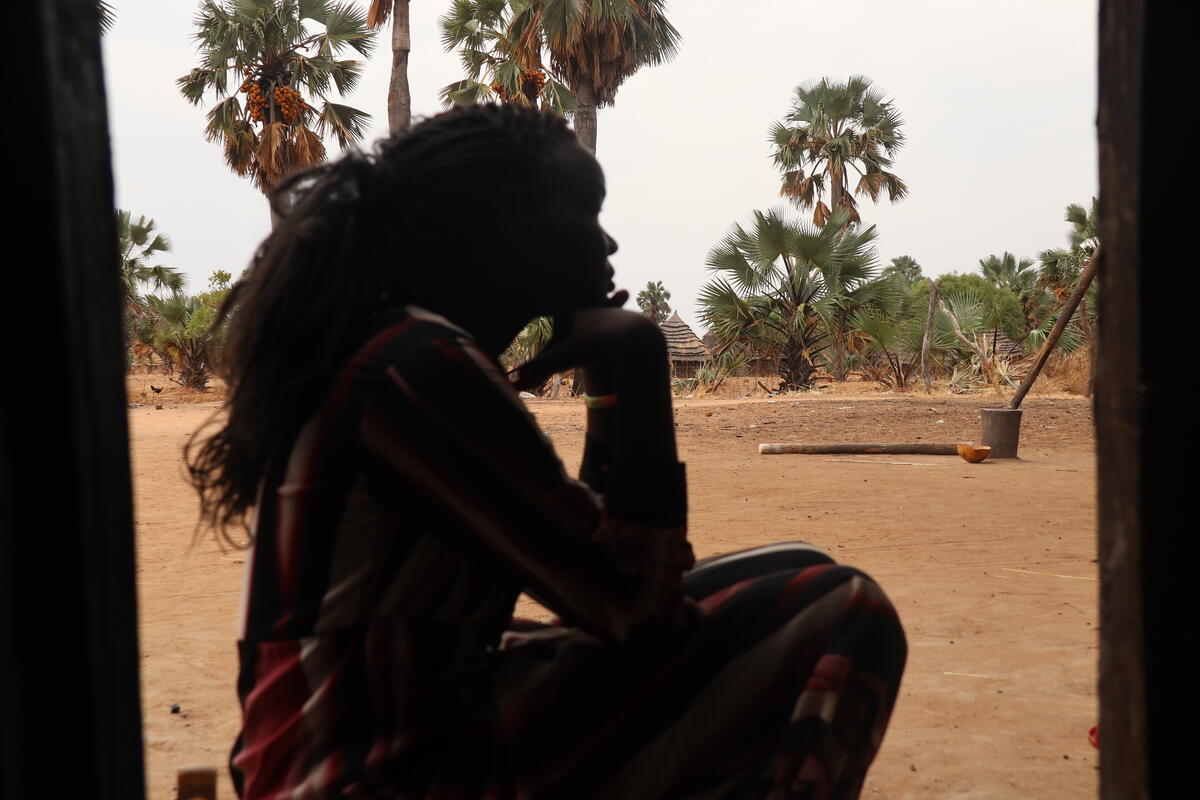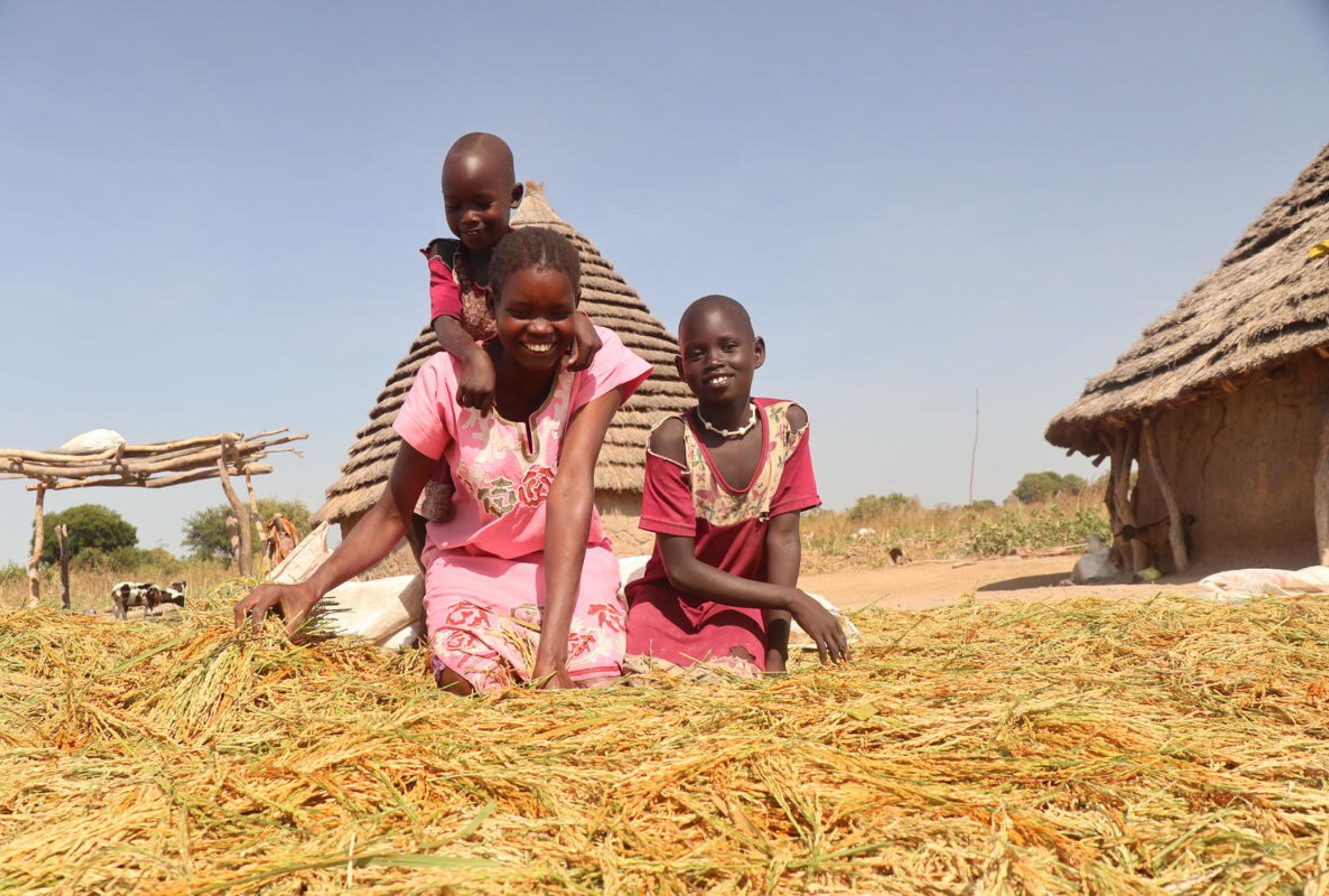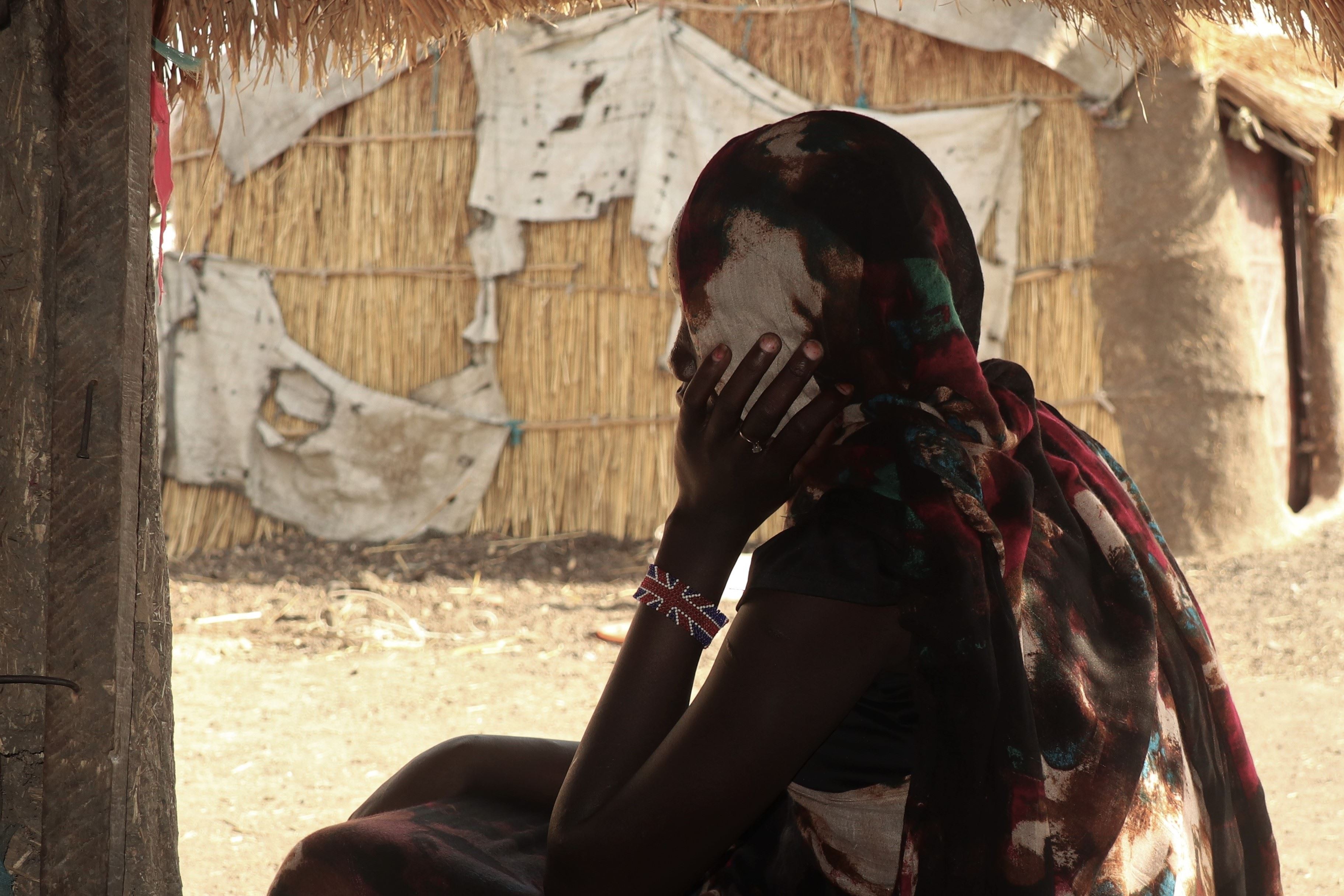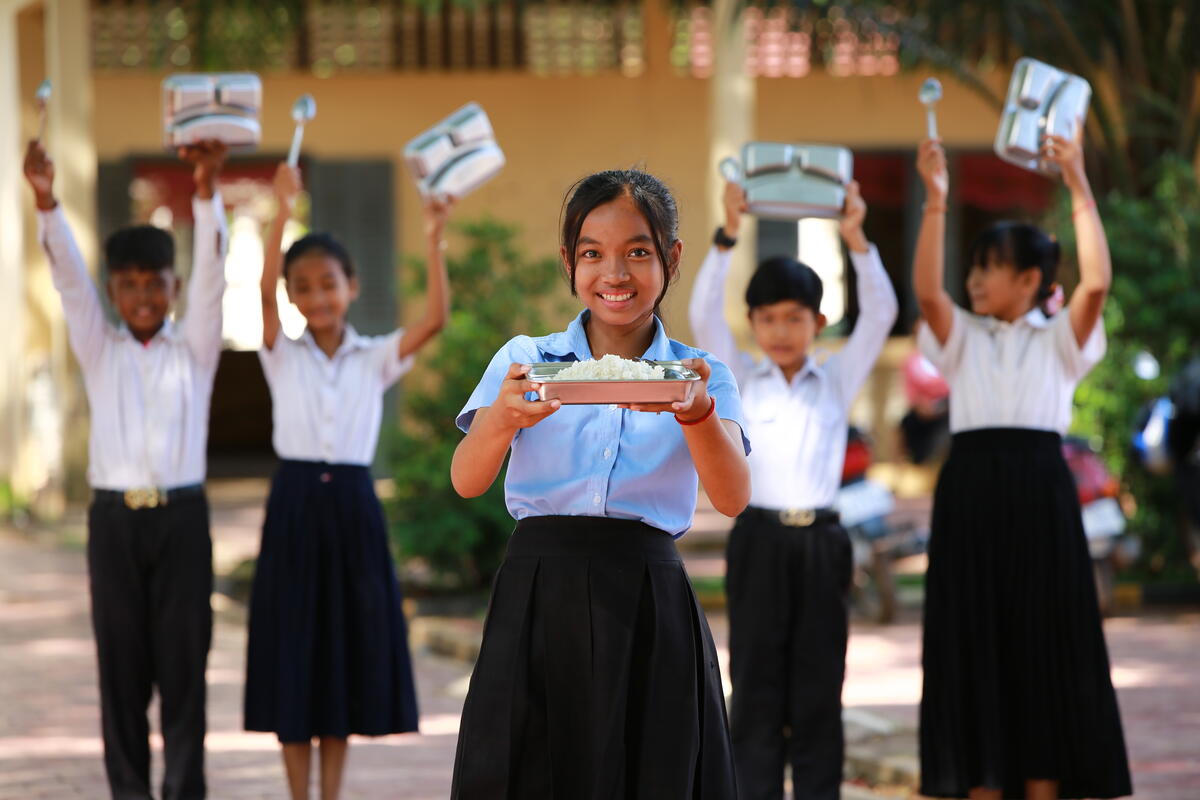
UK International Development White Paper
World Vision UK's response to new Government White Paper
A renewed approach to global development
World Vision UK welcomes the UK Government’s International Development White Paper, "International Development in a Contested World: Ending Extreme Poverty and Tackling Climate Change."
The White Paper outlines a re-energised approach to achieving the 17 Sustainable Development Goals (SDGs) by 2030.
What are the 17 Sustainable Development Goals?
The 17 Sustainable Development Goals were adopted by the United Nations in 2015, as "the blueprint to achieve a better and more sustainable future for all." It is hoped that global challenges will be tackled by 2030, including issues such as poverty, hunger, and climate change. Discover each of the Sustainable Development Goals below.
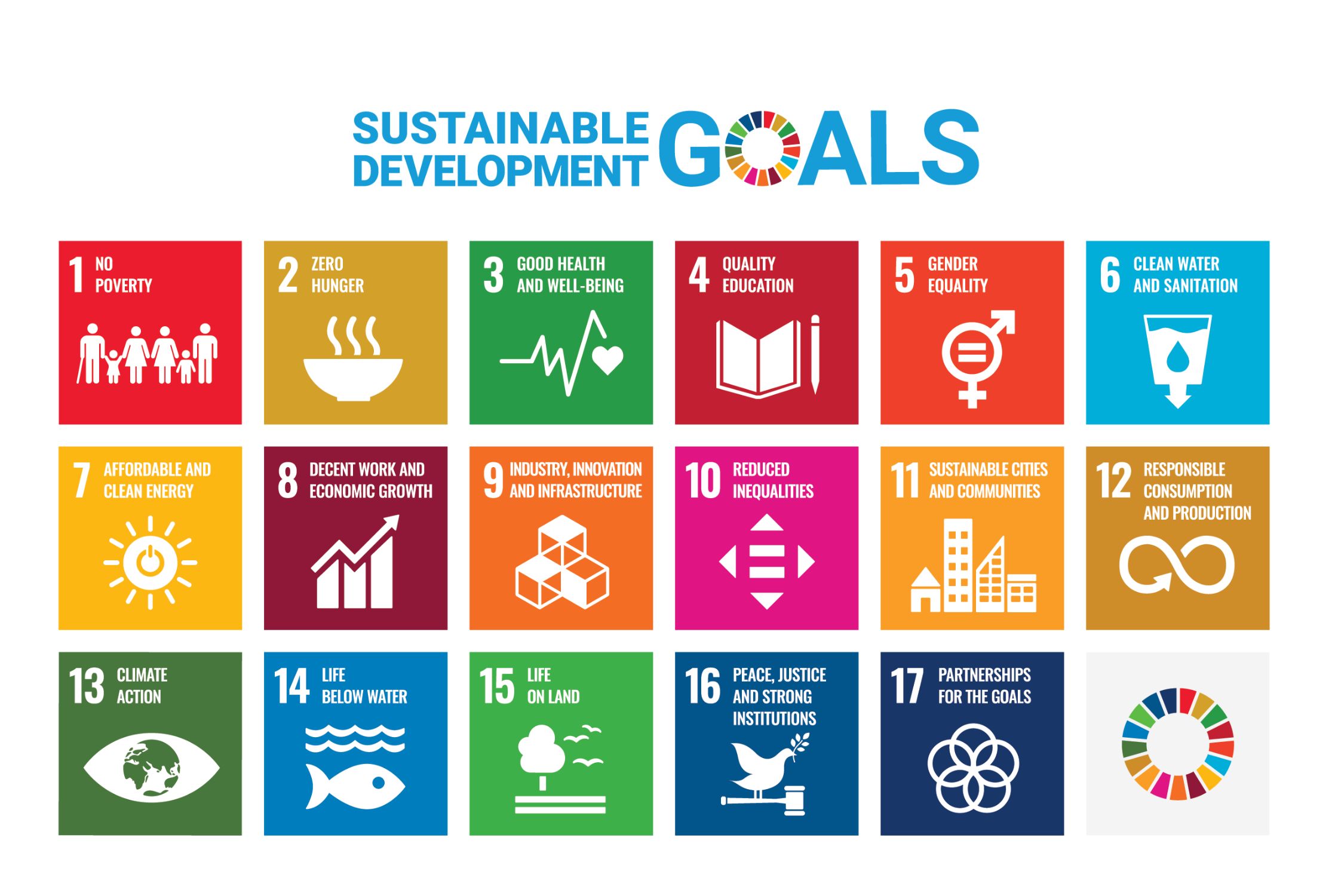
Children are facing global challenges
The White Paper acknowledges the need to shift the UK’s approach towards more equitable partnerships and mutual respect, resetting its commitment to focus on need and leaving no one behind. Launched on World Children’s Day, the White Paper has the potential to create a better world for all children, as long as they are recognised as key partners with powerful voices.
World Vision UK Youth Advocate Mariana, 17, from Ukraine says, “As youth advocates, we are concerned about the significant global challenges faced by children due to food insecurity. Children and youth are often the most affected, and young people who suffer from hunger and malnutrition may struggle to break the cycle of poverty and contribute meaningfully to their community development.”
READ MORE: Reasons we should end child poverty
Conflict is the main cause of hunger
The launch coincides with the Global Food Security Summit and the start of our campaign, ENOUGH.
In a world where conflict and hunger are tearing lives apart, we are saying enough to hunger. We’re calling on Governments and decision-makers to use their resources and influence to ensure that every child has enough nutritious food to eat and to address the multi-dimensional impacts of food insecurity.
“No child should go hungry when there are enough resources in the world to feed them. It is a crisis that could be averted with enough public and political will,” explains World Vision UK CEO, Fola Komolafe. “It is time for us to come together and say, ‘enough is enough’. We can, and we must do more to end child hunger now.”
We know that hunger, one of the major challenges outlined in the White Paper, is impacting a significant proportion of people in most countries worldwide. A new global survey by Ipsos revealed that globally, almost one in five people (19%) say conflict is to blame for their children going hungry. And 45% believe that conflict is a main driver of hunger globally.
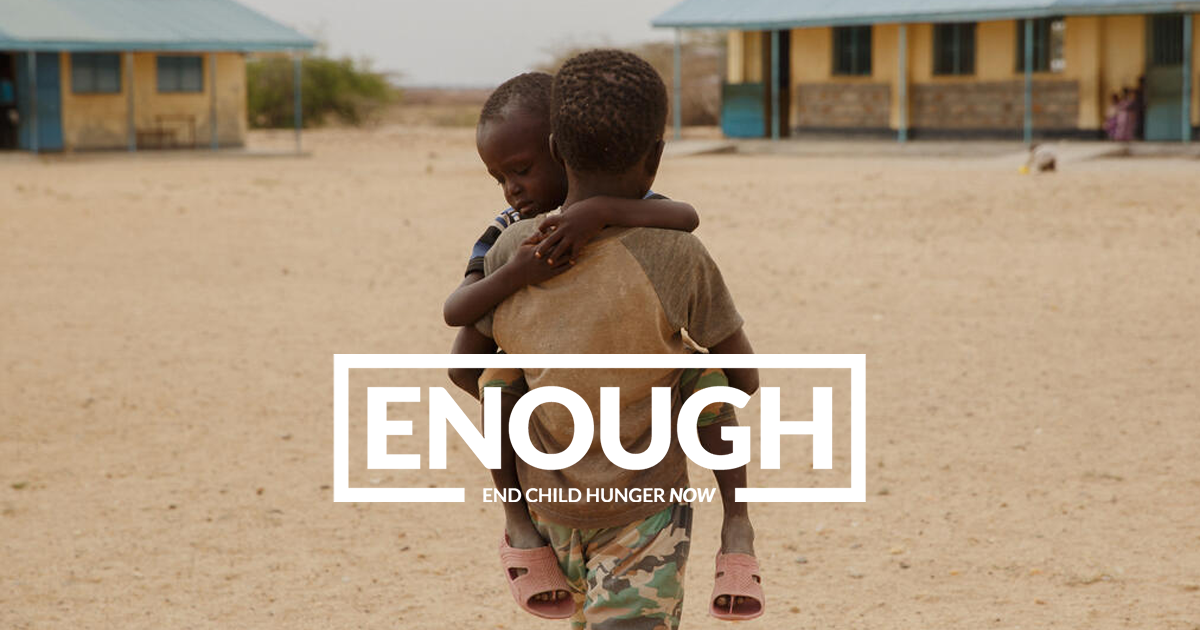
It’s time to amplify children's voices
World Vision is pleased to see the proposed emphasis on conflict, fragility, and natural disasters.
While the White Paper emphasises a focus on prioritising partnerships and ensuring effective Official Development Assistance (ODA) spending, it fails to adequately address how the UK Government will partner with children and youth and youth-led organisations.
We believe that children's experiences and opinions are essential guides for sustainable policy change. “The UK Government must strengthen meaningful, long-term, and impact-driven partnerships with children, youth, and other marginalised groups,” continues Fola Komolafe.
“This will improve the effectiveness of policymaking and programming while also enabling the UK to regain the trust of those in ODA-receiving countries and deliver on equitable partnership commitments outlined in the International Development White Paper. World Vision looks forward to working with the Government to take this forward."
Partnering with children and young people is crucial
In any given society, we believe that children are often a barometer for poverty and bear the brunt of these intersecting challenges. “When we invest in the whole child – their education, safety, health, nutrition, and futures, the payoff continues throughout their lives, benefiting both the children themselves and society as a whole. They can be a measurement for the sustainable success of this approach,” Fola Komolafe added.
“The SDGs will not be achieved unless development and diplomacy are child-sensitive, addressing the needs of the whole child as one. The White Paper has the potential to achieve this if implemented well. The UK’s new approach to development must be implemented as a complete document, multiplying the impacts of each strand through collaboration across FCDO (Foreign, Commonwealth & Development Office), with civil society, and – crucially – with children and young people.”

About World Vision
For over 70 years, World Vision has been helping the most vulnerable children, in the most difficult places, overcome poverty. Thanks to our generous supporters, we’ve helped over 200 million children in nearly 100 countries in the past five years.
We believe it takes a whole community to ensure children are protected and empowered. That’s why we’re partnering with communities and local leaders to provide nutritious food, clean water, healthcare, education, child protection and income generation methods because every child deserves to experience fullness of life.
Sign up to emails for news from around the world, and ways you can help children affected by conflict and climate change.
For media enquiries about this story, please contact our media team.

